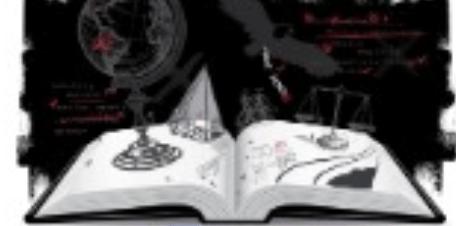
Throughout history, debates have revolved around reconciling Culture Wars America’s ideals of patriotism and exceptionalism with its darker legacies of exclusion, violence against Indigenous peoples, and the enslavement of African Americans. These tensions have long simmered, erupting notably in the collapse of a 1994 initiative aimed at establishing national history standards.
READ: New York Businesses Ordered to Require Masks Indoors or Vaccine Proof
Culture Wars
The New York Times’ 1619 Project serves as a recent flashpoint, igniting much of the contemporary criticism surrounding CRT. By placing the history and repercussions of slavery, alongside Black Americans’ contributions to democratic reforms, at the forefront of American history, the project has stirred heated discourse.
Historians assert that culture wars consistently find their battlegrounds within schools. According to one historian of education, “It’s because they’re nervous about broad social things, but they’re talking in the language of school and school curriculum. That’s the vocabulary, but the actual grammar is anxiety about shifting social power relations.”
Indeed, the tension between preserving a sanitized version of American history, steeped in patriotism and exceptionalism, and confronting the uncomfortable truths of systemic oppression and violence, remains palpable. This tension often manifests in debates over educational content, as seen in the struggle to establish national history standards in 1994.
The 1619 Project encapsulates this struggle, aiming to reframe historical narratives by centering the experiences of marginalized communities, particularly Black Americans. By highlighting the enduring impact of slavery on American society and democracy, the project challenges traditional conceptions of national identity and historical interpretation.
However, the project has faced intense scrutiny and backlash, particularly from those who view its narrative as divisive or revisionist. Critics argue that emphasizing America’s history of oppression and racial injustice undermines the country’s foundational principles and fosters a sense of collective guilt among its citizens.
These debates reflect broader anxieties surrounding the shifting dynamics of power and privilege in society. While some advocate for a more inclusive and honest portrayal of history, others resist change, clinging to traditional narratives that uphold a mythologized version of American exceptionalism.
Within schools, these tensions play out in discussions over curriculum content and educational standards. The language of patriotism and national identity often clashes with calls for a more critical and nuanced examination of history, particularly regarding issues of race, gender, and social justice.
Ultimately, the culture wars within education reflect deeper societal fissures, as communities grapple with competing visions of America’s past, present, and future. By engaging in these debates, educators and policymakers navigate complex terrain, seeking to balance historical accuracy with the imperative of fostering inclusive and equitable learning environments.
In confronting these challenges, educators must navigate the delicate balance between honoring America’s ideals and acknowledging its flaws, recognizing that an honest reckoning with the past is essential for building a more just and equitable future.